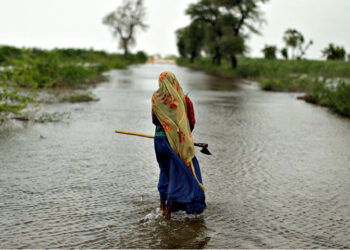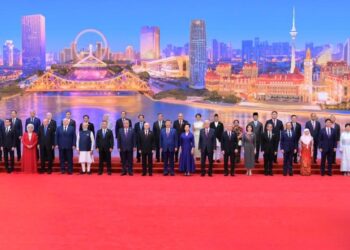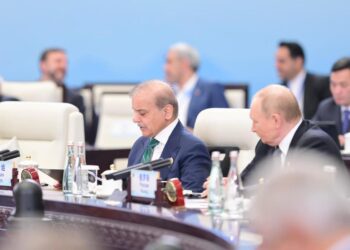Industry leaders warn that this policy shift is
undermining local suppliers, causing widespread
factory closures, and worsening the trade deficit
Business Reporter
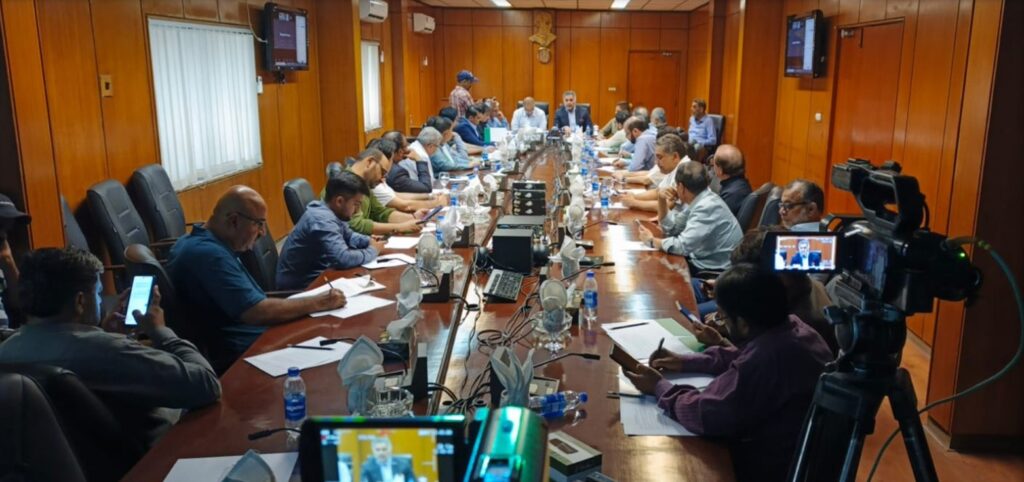
Islamabad: Pakistan’s textile sector is facing a severe crisis as the FY25 federal budget removed the sales tax exemption on local inputs under the Export Facilitation Scheme (EFS), while continuing to allow zero-rated and duty-free imports. Industry leaders warn that this policy shift is undermining local suppliers, causing widespread factory closures, and worsening the trade deficit.
Refunds Delayed, SMEs Hit Hard
Under the new policy, an 18% sales tax is applied to locally sourced inputs, with a promise of refunds. However, these refunds are delayed, incomplete, and costly to process. Exporters report that only 60–70% of refunds are actually disbursed, with the remainder stuck in manual processes that have seen no improvement over the last four to five years.
The biggest losers are small and medium enterprises (SMEs), which lack the infrastructure to import inputs directly and are forced to pay sales tax at multiple stages. In contrast, integrated units and large exporters bypass the local supply chain entirely.
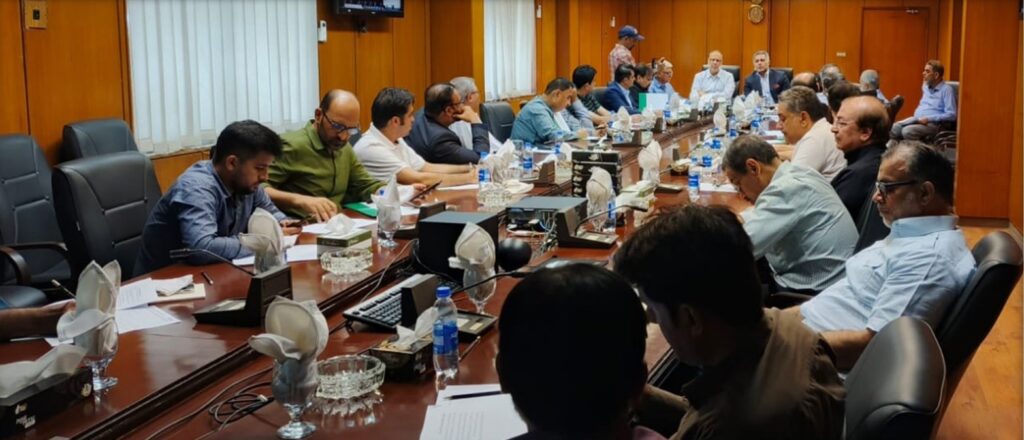
Surge in Imports, Domestic Mills Shut Down
The policy has incentivized imports over local sourcing, with $1.5 billion worth of additional imports of cotton, yarn, and greige cloth in FY25 — rising from $2.19 billion in FY24 to $3.64 billion in FY25. This exceeds the $1.4 billion export growth during the same period, leading to a projected decline in net textile exports from $14 billion to $13.6 billion.
The impact on domestic production is devastating. Over 120 spinning mills and 800 ginning factories have shut down across the country. Loom closures are rising, with loom workers protesting on the streets of Faisalabad, a city at the heart of Pakistan’s textile hub.
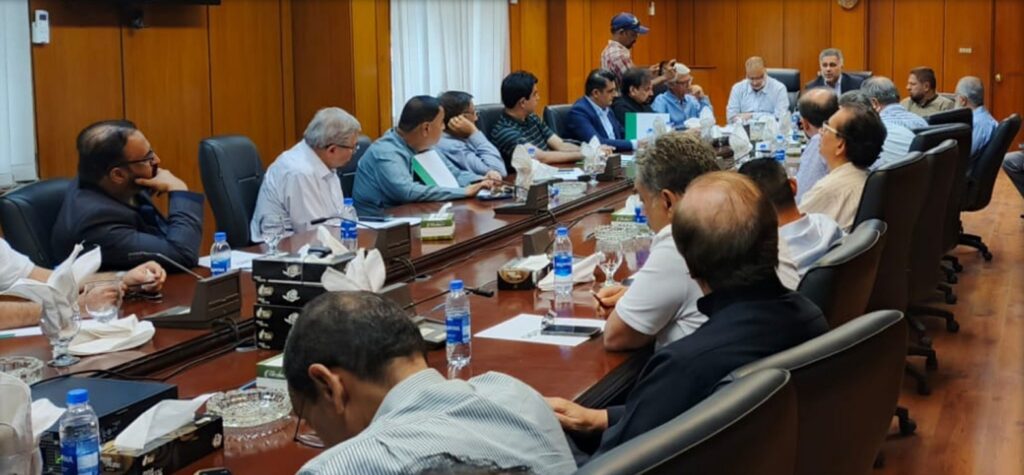
Cotton Crisis Deepens, Farmers Abandon Crop
Spinning mills are the primary consumers of locally produced cotton, but the imbalance in EFS tax treatment is pushing them toward imported alternatives. With no support price and declining demand, cotton farmers are switching to water-intensive crops — despite Pakistan’s looming water crisis.
Cotton production is already at a historic low of 5 million bales and may decline further. The cotton economy supports $2–3 billion in rural incomes, particularly for women cotton pickers, putting thousands of jobs at risk.
Pakistan is also an outlier globally by imposing 18% sales tax on cottonseed and cottonseed cake, which has pushed farmers’ incomes below sustainable levels.
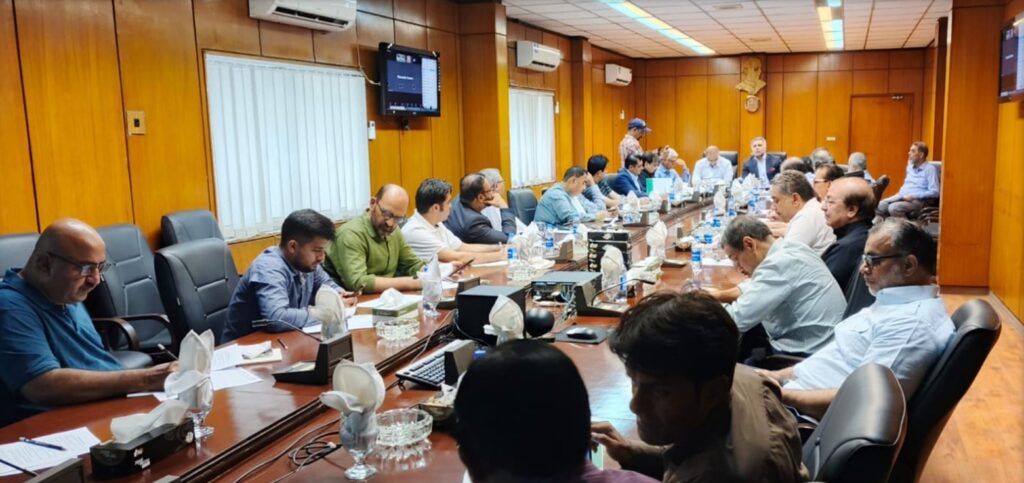
Economy Bleeding Foreign Exchange
Experts estimate that net foreign exchange earnings could rise by $1.5–2 billion if local value chains were restored. Instead, Pakistan is borrowing expensive loans to finance avoidable imports. Meanwhile, the trade deficit is worsening, tax revenues are falling, and mass unemployment is spreading across the textile sector.
U.S. Warns of Tariffs, Cotton Trade Opportunity at Risk
In a concerning development, the United States has signaled a possible 29% tariff on Pakistani exports if trade imbalances are not corrected. While Washington has offered up to 1.5 million bales of cotton exports to Pakistan, this opportunity hinges on the viability of domestic spinning units — many of which are now non-operational.
Former U.S. President Donald Trump has even invited a Pakistani trade delegation, proposing a significant increase in cotton exports to Pakistan. But industry insiders ask: Who will buy this cotton if there are no spinning mills left?
Industry Demands Urgent Policy Reversal
Despite multiple meetings with the Finance Minister, FBR officials, and IMF representatives, stakeholders have failed to convince authorities to restore EFS to its June 2024 structure, which included sales tax zero-rating for local supplies.
Industry leaders call the current scheme “anti-Pakistan”, stating it is “bleeding the economy from within” by favoring imports at the cost of local jobs, production, and rural livelihoods.
They are now urging the government to immediately remove yarn and fabric from the EFS import list, and restore tax parity between domestic and imported inputs to prevent total collapse of Pakistan’s textile value chain.

